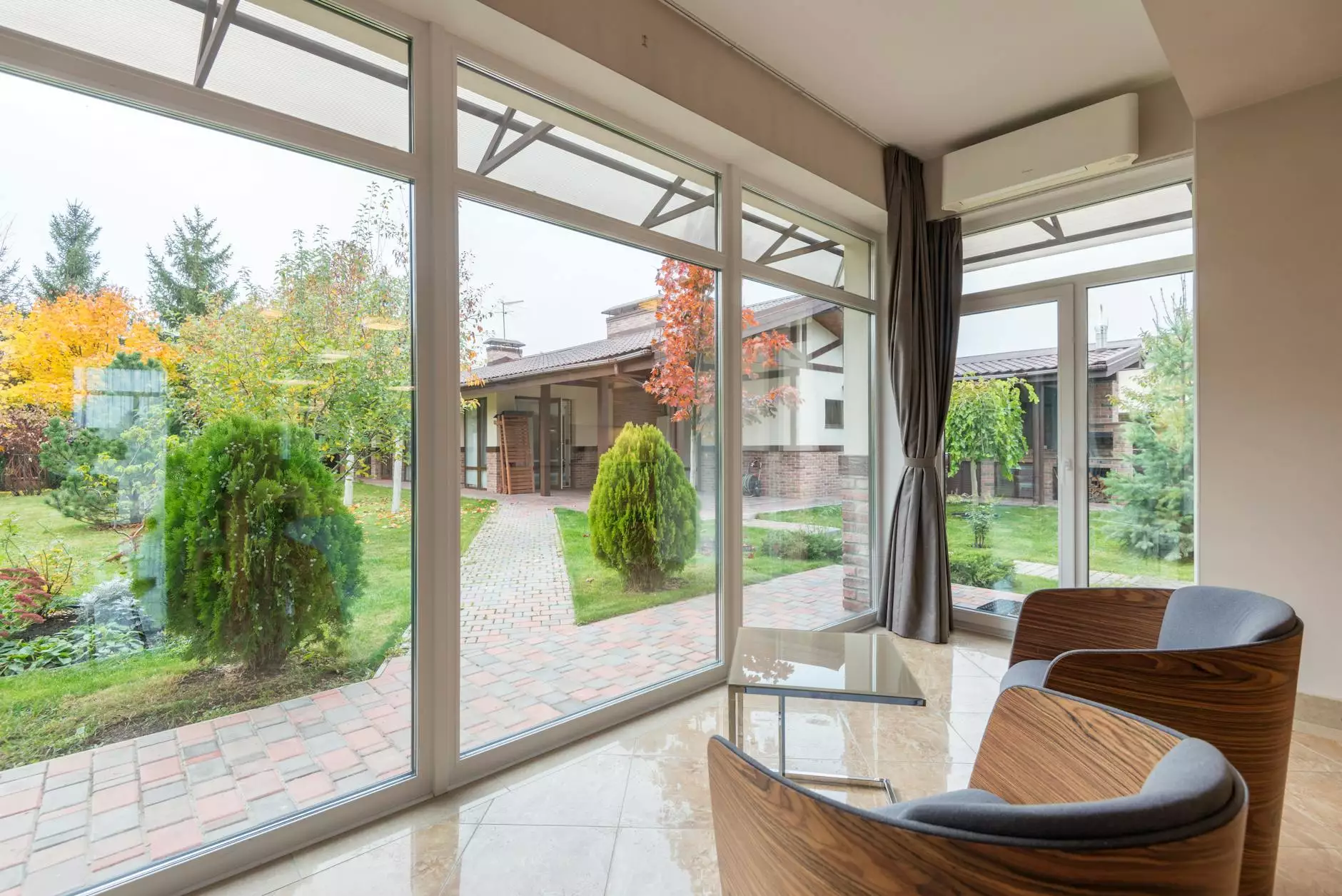Local Wood Pellet Suppliers: Your Guide to Quality and Sustainable Products

Local wood pellet suppliers play a critical role in the energy landscape by offering eco-friendly heating solutions for residential and commercial spaces. Wood pellets are made from compressed sawdust and are becoming increasingly popular due to their low carbon footprint and sustainability. This article will explore the benefits of using wood pellets, what to look for in a reputable supplier, and why choosing local options can be advantageous for both the environment and your budget.
Understanding Wood Pellets
Wood pellets are small cylindrical pieces of wood compressed under high pressure. They are primarily made from waste materials from lumber processing, such as sawdust, shavings, and wood chips. The production of wood pellets is an effective way to utilize by-products from the timber industry, making them a sustainable energy source.
Benefits of Using Wood Pellets
- Environmental Sustainability: Wood pellets are a renewable resource. When sourced from sustainable forestry practices, they contribute to a lower carbon footprint compared to fossil fuels.
- High Efficiency: Wood pellets have a high energy density, which means they burn hotter and longer than traditional wood logs, leading to increased efficiency in heating systems.
- Cost-Effectiveness: Many consumers find that switching to wood pellets can significantly lower their heating bills, especially during cold winters.
- Low Emissions: Compared to traditional heating fuels, wood pellets produce minimal emissions when burned. This makes them a cleaner option for your heating needs.
Choosing Local Wood Pellet Suppliers
When it comes to sourcing wood pellets, selecting local suppliers can provide several advantages. Here are some key factors to consider when looking for local wood pellet suppliers.
1. Proximity and Reduced Carbon Footprint
Choosing a local supplier reduces the distance your pellets need to travel, thereby lowering transportation emissions. Local suppliers often prioritize eco-friendly practices and can help you contribute to a more sustainable community.
2. Quality Assurance
Local suppliers tend to have a closer relationship with their customers and are often more accountable for the quality of their products. When you purchase from a local wood pellet supplier, you can expect:
- Consistent Quality: Local suppliers often provide high-quality pellets that comply with stringent manufacturing standards.
- Transparency: You can inquire about the sourcing and production processes, ensuring you know where your fuel comes from.
3. Personal Customer Service
Local businesses often pride themselves on providing superior customer service. This means you are likely to receive personalized assistance and advice tailored to your specific heating needs.
What to Look for in Local Wood Pellet Suppliers
Before making a purchase, it’s essential to evaluate potential suppliers thoroughly. Here are some key aspects to consider:
1. Certifications and Standards
Check if the wood pellets are certified by reputable organizations such as the Pellet Fuel Institute (PFI) or ENplus. These certifications ensure that the pellets meet specific quality and efficiency standards.
2. Material Sourcing
Inquire about where the wood for the pellets is sourced. Reputable suppliers should source their wood from sustainable, managed forests. This helps ensure that you are supporting environmentally friendly practices.
3. Product Range
A good local supplier will offer a variety of pellet types, including hardwood, softwood, and blended options, each catering to different heating systems and preferences. Be sure to ask about any available products:
- Premium Pellets: Often made from 100% hardwood, providing a cleaner burn and higher heat output.
- Standard Pellets: A blended option suitable for most heating systems, balancing cost and efficiency.
- Specialty Pellets: These may include flavored pellets for unique heating applications, like grilling or smoking.
Buying and Storing Wood Pellets
When purchasing from local wood pellet suppliers, consider the following tips for buying and storing your wood pellets effectively:
1. Buy in Bulk
If possible, purchase in bulk to save on costs and ensure you have a sufficient supply for the heating season. Most suppliers will offer a discount for larger orders.
2. Proper Storage
Store your pellets in a dry, well-ventilated area, away from moisture. Wood pellets are hygroscopic, which means they can absorb moisture from the air, leading to problems such as clumping or decreased burn efficiency. Consider using a dedicated pellet storage container or shed.
3. Monitor Pellet Quality
Check your pellets regularly for any signs of moisture damage or spoilage. Proper storage will help maintain their integrity, ensuring you enjoy high performance when using them in your heating systems.
Conclusion: The Future of Local Heating Solutions
As we move towards more sustainable energy solutions, local wood pellet suppliers are becoming an indispensable part of our communities. By choosing local suppliers, you are not only supporting your local economy but also making a positive impact on the environment. Wood pellets represent a cleaner, more sustainable way to heat your home or business while contributing to a greener future.
At Stary Timbers, we are committed to providing high-quality wood pellets and timber solutions. Our focus on sustainability, customer service, and product excellence ensures you have access to the best heating solutions available. Visit us at starytimbersro.com to learn more about our offerings and become a part of the local wood pellet movement.
Frequently Asked Questions (FAQ)
1. How can I tell if my wood pellets are of good quality?
Good quality wood pellets should have a high density, no visible dust, and minimal moisture content. Look for certifications that guarantee their quality, such as PFI or ENplus.
2. Can I use wood pellets in my existing wood stove?
Wood pellets can be used in dedicated pellet stoves or certain types of modified wood stoves. Always check your stove's specifications to ensure compatibility.
3. How do I know how many pellets I will need for the heating season?
The amount of pellets needed varies based on home size, insulation, and heating temperature preferences. A typical home may use several tons of pellets in a winter season. Consulting with your local supplier can provide more specific guidance.
4. What should I do if my pellets get wet?
If your pellets get wet, spread them out in a dry area to dry out before storage. Wet pellets may lose their heating efficiency and could damage your heating system if used.
5. Are wood pellets safe for indoor use?
Yes, wood pellets are safe for indoor use when burned in the appropriate stoves that are properly vented. Ensure proper ventilation to avoid build-up of harmful gases.
For more information or specific inquiries, contact Stary Timbers at our contact page.









